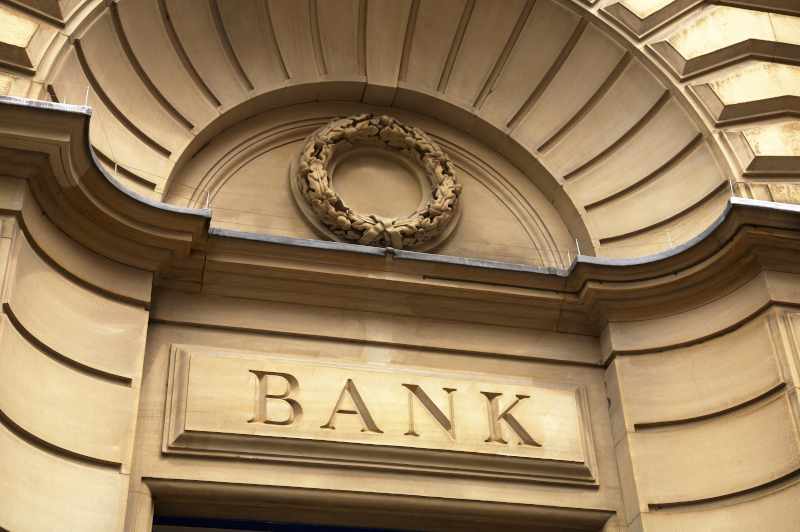
The government has taken steps to shore up most businesses. But it is becoming clear that the current plans may not be ambitious enough. Governments across the globe may need to be more radical if the commercial world is going to be able to handle the coronavirus crisis, while also ensuring tolerable income conditions for all workers, employees and the self-employed. If things get much worse, they may have to break out of their orthodoxies and start engaging with new, contrarian possibilities, such as more extensive public ownership and considerably higher taxes. These ideas will not, at first sight, be popular but maybe now is the time to debate and discuss these new solutions.
Perhaps the coronavirus outbreak will recede soon, having given everyone a very unpleasant scare, leaving the economy relatively intact. More probably, this will not happen. What should we do then, if the economy contracts over several months – maybe longer – and more and more businesses become unviable? What can be done if tens of millions of people are then on the state payroll, threatening any reasonable chance of recovery unless even more drastic action is taken than we have seen so far?
This is not the first time that the world has been hit by economic catastrophe. Economies have contracted massively in the past – and, then, recovered. The US economy shrank in real terms by 30 per cent between 1929 and 1933 and Germany’s by 24 per cent between 1929 and 1932. This could, at worst, be about to happen to us. How would we possibly handle a contraction on this scale?
This is how it could happen. About half the economy – taking in almost all of the public sector, including the NHS and local and central government – would continue broadly as before, as well as some of the private sector, including food and energy suppliers, pharmaceutical companies, and direct selling and delivery firms. Nearly all the rest of the private sector, accounting for roughly half the economy, however, would see turnover falling on average by perhaps as much as 50 per cent. This would leave GDP contracting temporarily by about a quarter.
Companies large and small, currently providing about half of GDP, are likely in these circumstances to find themselves needing to be bailed out by government. In addition, there would still be large numbers of people who are self-employed, left with little or no income – perhaps one-eighth of the total labour force. So, there would be another very large call on government funds to provide sufficient incomes for the survival for all these people.
The key requirements, therefore, even in the worst of circumstances, would be to keep otherwise viable companies from going under and to provide at least basic incomes for everyone in an economy which, within a few weeks or months, could have shrunk by as much as 25 per cent. Clearly, there is no viable private-sector solution to these problems. Massive state involvement is essential.
The most obvious way to keep vulnerable companies going is for the state to be tolerant about the collection of PAYE, National Insurance, VAT and Corporation Tax, and for banks, with government backing, to allow companies that need credit facilities to have them wherever there is a reasonable prospect of loans eventually being repaid. The Chancellor has already made a number of big announcements to this end, deferring tax and making government-backed loans available to the tune of £330 billion.
But this may not be sufficient if there is a deep enough down-turn. So, what happens then? The next recourse may be for the state to take equity stakes in companies which need more cash to survive, effectively a nationalisation scheme, probably with an option to repurchase the state-acquired equity as most of these companies are essentially ones which belong in the private sector. This programme would have to be financed by state borrowing but there would be a reasonable prospect of most of the money advanced eventually being repaid.
This plan would clearly need to be run alongside a programme to ensure a minimum income for everyone in the economy. But a big problem with maintaining some acceptable level of income for everyone is that, if the economy contracts by 25 per cent, consumer demand is going to have to shrink by this amount too, to keep demand and in supply in balance.
The solution here may be a big temporary increase in PAYE, both to reduce demand from those lucky enough to be employed in the still viable sectors of the economy and to provide the government with at least some tax receipts to help to pay all those with heavily curtailed incomes a sufficiently large sum each week to keep them going.
Would a programme along these lines be a huge administrative challenge? Yes, of course, it would. Would it be reasonably fair? Yes, and this is very important to make it acceptable to the public. Would it be reasonably possible to unwind once normality begins to reassert itself again? Yes, it should be. Is the government going to move in this direction? It probably will have to do so if the worst occurs, because in the end there will be no real alternative – unless coronavirus suddenly peaks and then disappears, as sometimes happens with these afflictions. But we can’t bank on this happening.
